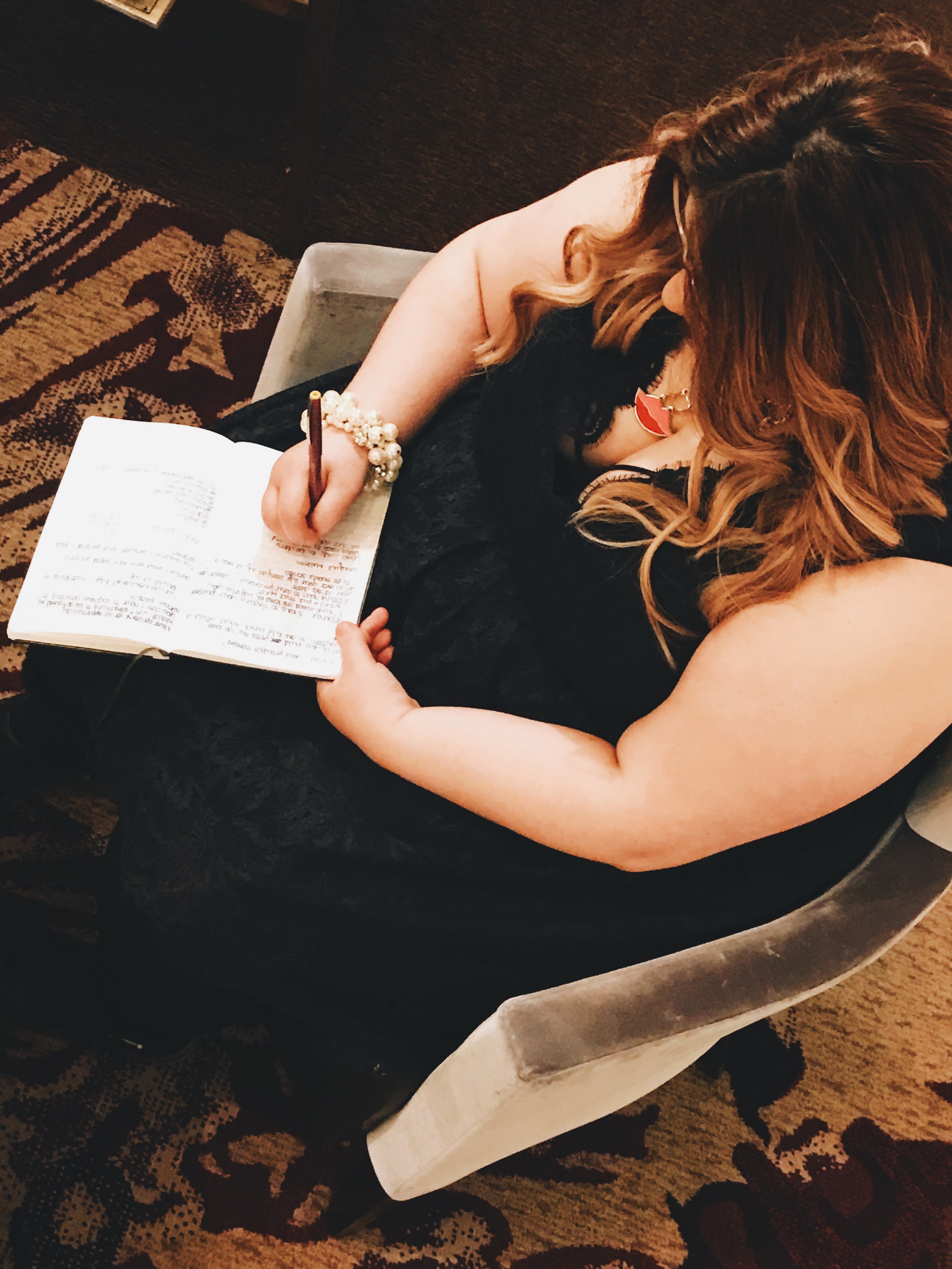Why I Returned for a Second Bachelor’s
When faced with the opportunity to join a PhD program, it seemed counterintuitive to reject the offer and return for a second master’s degree, however, after getting sick (bedridden and in continuous pain) it was the one choice that seemed to make sense. A few months after moving closer to home to access necessary medical care and begin my program, I found it impossible to go to class. This was 2015-17, way before hybrid delivery was an option for most campuses. I ended up withdrawing.
By the time my medical situation was surgically resolved and I could walk again, it was 2019. The first thing I did was travel and quickly developed a passion for and enduring love of Renaissance art - something I hadn’t been exposed to in my previous art history degrees.
I was now facing a difficult decision - I knew I didn’t want to work in my former field of modern and contemporary art , which meant I was going to need to go back to school.
But how?
Ultimately, I decided to eschew conventional advice and do a second bachelor’s degree. And as I’m applying to PhD programs this September, I can confidently say that it was the right choice for me, and
here’s why:
1. I needed representative letters of recommendation
Having left academia temporarily for health reasons, I knew my best letters would come from my Master’s committee. I had the most wonderful advisor and readers, but as often happens when people go in different directions, we lost touch.
I had graduated from my MA four years earlier and hadn’t worked in academia or the arts since. (I’ve worked since 2015 in the e-learning sector and was working my way up the ranks of a startup)
My interests were totally different, my life had gone in an unforeseeable direction, and who I was as a scholar four years earlier was not representative of what I was interested in now or the growth in my critical thinking and writing skills. Who they knew me to be was not a representation of where I wanted to go.
4. I knew nothing about the area I wanted to study. NOTHING.
This is truly what made the decision for me. My knowledge of Renaissance art was limited to Botticelli, Michelangelo, Titian, and a handful other artists I had seen in Italy and France - but I knew nothing about them or their historical context.
I knew that I needed to fill this gap in my education before I would feel ready for graduate school. There was no way that I could write an effective statement of purpose, feel comfortable committing to the many years long project of a PhD, and knew that my lack of education would slow my progress (IF I could even get into a program).
That made it an easy choice… well, that and one other thing!
2. To advance my network
If I learned one thing from my time in graduate school, it’s that network matters. It’s everything. My advisor opened so many doors for me. I got jobs because of her while I was in academia, and she introduced me to her professional network. I even met my future advisor at my original institution because of her.
Going into a new sub-field, I was going in unaware of way lay ahead. I had no idea what work was currently being conducted and who I should look up to as a reference for the state of the field. I knew I needed a mentor who could show me the ropes and help me define my research interests before I committed to a long-term research project.
3. To Access Training and Resources in my Research Field
My undergraduate institution did not offer the resources I needed to pursue the career I desired. I loved my experience there, but I was a first generation college student in the Humanities - I did not realize that the lack of access to particular resources would limit my future opportunities. In fact, my university didn’t even have someone that specialized in Medieval/Renaissance until my last year of undergrad!
While looking into alternative degree programs that would provide the resources I needed to succeed in my research area, I ultimately came to the decision that the cost of an MA, either in Canada or internationally, was not financially feasible for me.
What was affordable was an undergraduate degree at a university that offered the program, courses, and institutional resources that would help me pursue a future PhD - The University of Toronto’s undergraduate Renaissance Studies program.
5. Time & space to figure out a specialization.
The Renaissance is a blanket term that encompasses a huge variety of countries, continents, etc. Being in an interdisciplinary undergraduate program helped me gain a solid background of this period, while also helping me narrow down what languages I did and didn’t want to learn, what work inspired, and what wasn’t right for me.
The additional time and training that a second Bachelors degree fostered was the opportunity to explore my research without constraint. It was this ability and opportunity for exploration which was crucial to taking my next step forward.
Now, I feel completely prepared. I know who the important scholars are. I’ve had a paper accepted for publication. I have had the chance to interact with leading scholars in the field and I know I am probably an e-mail introduction away from most thanks to the phenomenal mentors I connected with. Most importantly, my education, skills and recommendations now strongly reflect who I am and what I am capable of as a scholar as I prepare to apply for PhD programs.
Before I wrap up this post, I wanted to leave you with the questions I asked myself when I was struggling with my next academic steps:
Questions to ask yourself if you’re going through the same struggle as I was:
Which is more financially viable for me?
What would be the strengths of my application to graduate school if I applied today?
What are the weaknesses of my application to graduate school if I applied today?
Do I have a deep enough understanding of the field to know where there are gaps, where I might be able to make an impact, and where the field is headed?
Do I have a project I’m fired up about and am ready to commit to?
Can my recommenders speak to the person and scholar that I am today?
Who can I seek advice from in making this decision? (Hint: The consultants at Accepted Consulting are great resources!)




